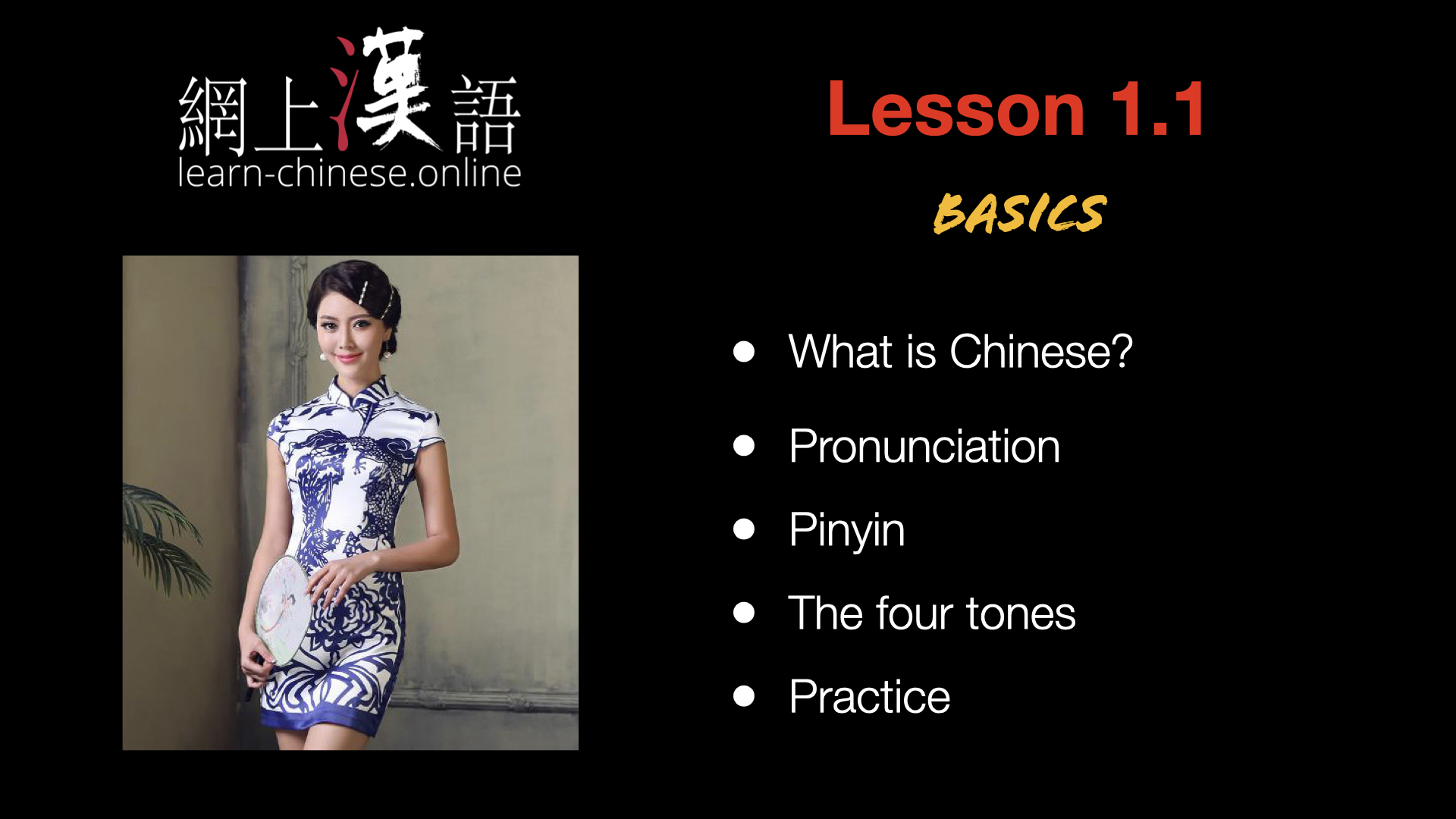Chinese courses online, lesson 2: politeness
Phonetics and vocabulary
Phonetics
is pronounced as it is in English but with a low tone: :
means to be old or old.
However , which means master is not pronounced as it is in English: the is pronounced like in English after the so-called hissing consonants: (dz) and ( is similar to 'z' in the English azure:
: professor, teacher (literally old master, old has the meaning of honorable)
: similar. The is what is called an aspirated consonant. We pronounce it by exhaling the air with a small explosion, more than in english. In , do not pronounce the which remain in the throat.
: study. The is pronounced like an in English but with the back of the tongue (the tip of the tongue is behind the lower teeth) as we have seen in the previous sequence with the word thank you . is pronounced like the French :
: student, classmate.
(the plural) is in neutral tone:
we
: you
: they
works primarily with personal pronouns (we, you, they), and when addressing to human: for example, a teacher who speaks to his students will say:
: Also, too. After the or , is pronounced as in French :
: invite, please. The is pronounced as with an air exlosion (that is one of the six aspirated consonant of Mandarin Chinese) and with the back of the tongue (like ):
: sit down:
: you're welcome ( : be polite). which is the second tone is actually the same as the negation : it changes tone when it precedes a syllable with the 4th tone (falling tone) and takes 2nd tone. This is one of two syllables that changes tone (with the number one). Finally, the is an aspirated consonant, so you have to pronounce it with a little explosion of air. As we have seen above with , is pronounced like an with an air blast:
sorry. The is pronounced as 't' in French.
It's nothing, it doesn't matter:
Note on the phonetic
To speak well the Chinese, try to imitate the best you can the pronunciation of recordings. It is important not to try to 'read ' pinyin.
For tones, do not worry too much at the beginning. Just repeat recordings and try to imitate the intonation.
Summary of the oral vocabulary of the lesson 2
: professor
: student, classmate
: the plural
we
: you
: they
: also , too
: invite, please
: sit down
: thank you
: you're welcome
: sorry
it's nothing, it does not matter
← Previous page - Summary - Next Page →

































